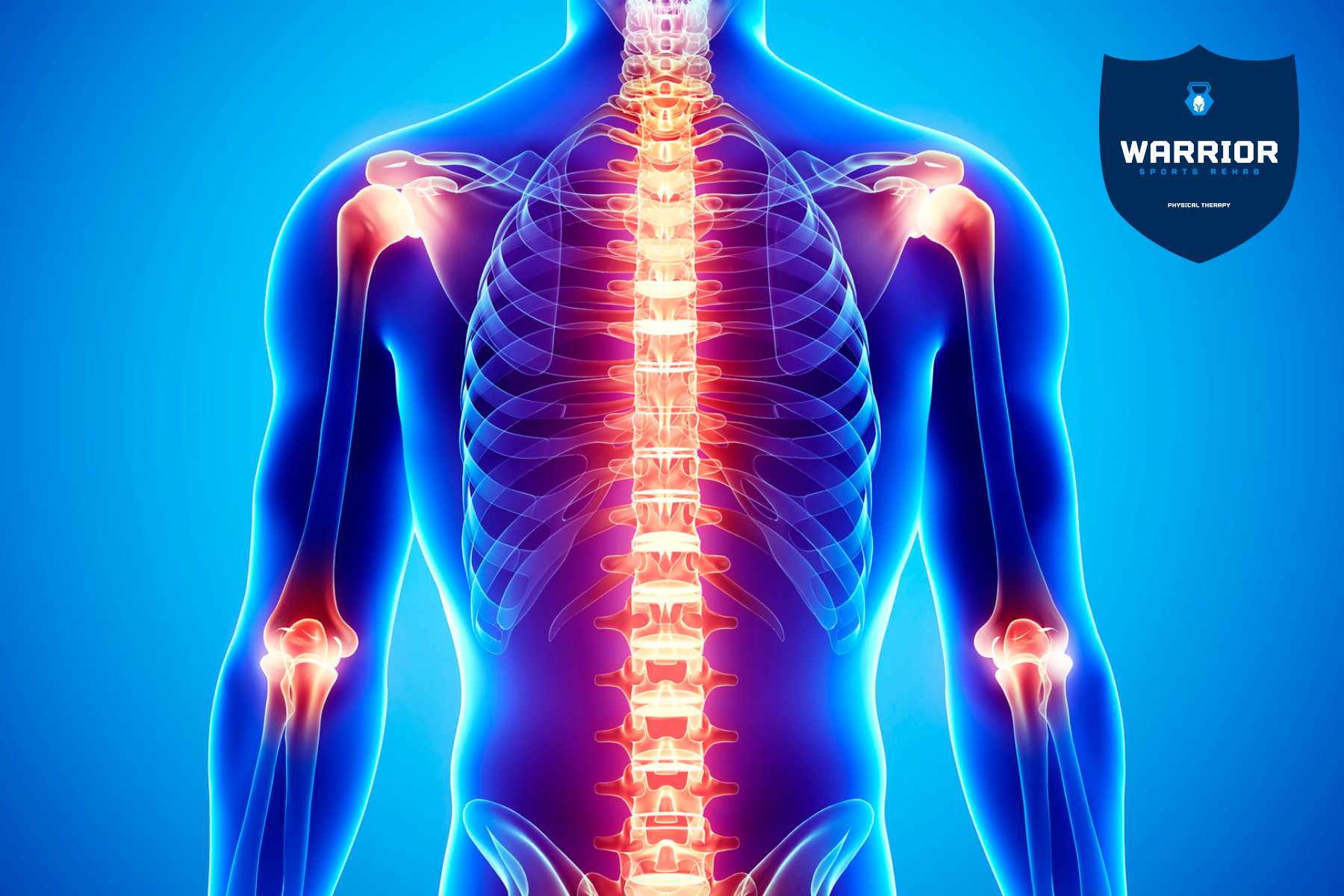Introduction:
An anterior cruciate ligament (ACL) injury can be a devastating setback for athletes, jeopardizing their ability to return to their sport with confidence and proficiency. While undergoing physical therapy is crucial for recovering from ACL reconstruction surgery, equally important is the process of return to sport (RTS) testing. RTS testing involves a series of assessments designed to evaluate an athlete’s readiness to safely resume competitive play following ACL rehabilitation. In this article, we’ll explore the importance of return to sport testing in ACL rehab and how it empowers athletes to make informed decisions about their return to play.
Objective Evaluation of Functional Capacity:
- Return to sport testing provides an objective measure of an athlete’s functional capacity, assessing factors such as strength, flexibility, balance, agility, and neuromuscular control. These tests help identify any lingering deficits or asymmetries that may increase the risk of re-injury or impair performance upon return to sport. By quantifying functional abilities, physical therapists and sports medicine professionals can tailor rehabilitation programs to address specific weaknesses and optimize athletic readiness.
Risk Reduction and Injury Prevention:
- Returning to sport prematurely or without proper preparation significantly increases the risk of re-injury, particularly in the case of ACL injuries, which have high rates of recurrence. Return to sport testing serves as a safeguard against premature return by identifying athletes who may be at increased risk of re-injury due to residual deficits or inadequate recovery. By identifying and addressing these risk factors before returning to play, athletes can minimize the likelihood of suffering a subsequent ACL injury and prolong their athletic careers.
Confidence Building and Psychological Readiness:
- Physical recovery is only one aspect of returning to sport after an ACL injury; psychological readiness is equally important. Return to sport testing provides athletes with tangible evidence of their progress and readiness to resume competitive play, boosting confidence and reducing anxiety about returning to the field or court. Knowing that they have passed rigorous functional assessments instills a sense of confidence in athletes, allowing them to approach their sport with renewed assurance and focus.
Individualized Return-to-Play Decision Making:
- Every athlete’s journey through ACL rehabilitation is unique, and return to sport testing allows for individualized decision making regarding the timing and manner of return to play. Rather than adhering to a one-size-fits-all approach, RTS testing enables clinicians to tailor return-to-play recommendations based on each athlete’s specific functional abilities, goals, and risk factors. This personalized approach ensures that athletes are not rushed back to sport prematurely but rather progress through a structured rehabilitation process that prioritizes safety and long-term success.
Long-Term Athletic Development:
- Return to sport testing is not just about getting athletes back on the field; it’s about ensuring their long-term health, performance, and athletic development. By systematically assessing functional capacity and addressing any remaining deficits, RTS testing helps lay the foundation for continued growth and success in an athlete’s sport. Moreover, it encourages athletes to adopt injury prevention strategies, optimize training techniques, and prioritize recovery, fostering resilience and longevity in their athletic careers.
Conclusion:
Return to sport testing is a critical component of ACL rehabilitation, providing athletes with a comprehensive evaluation of their readiness to safely resume competitive play. By objectively assessing functional capacity, reducing injury risk, building confidence, and facilitating individualized return-to-play decision making, RTS testing empowers athletes to make informed choices about their return to sport and sets the stage for long-term athletic success. As athletes navigate the road to recovery from ACL injuries, return to sport testing serves as a guiding light, illuminating the path toward safe, confident, and sustainable return to play.



